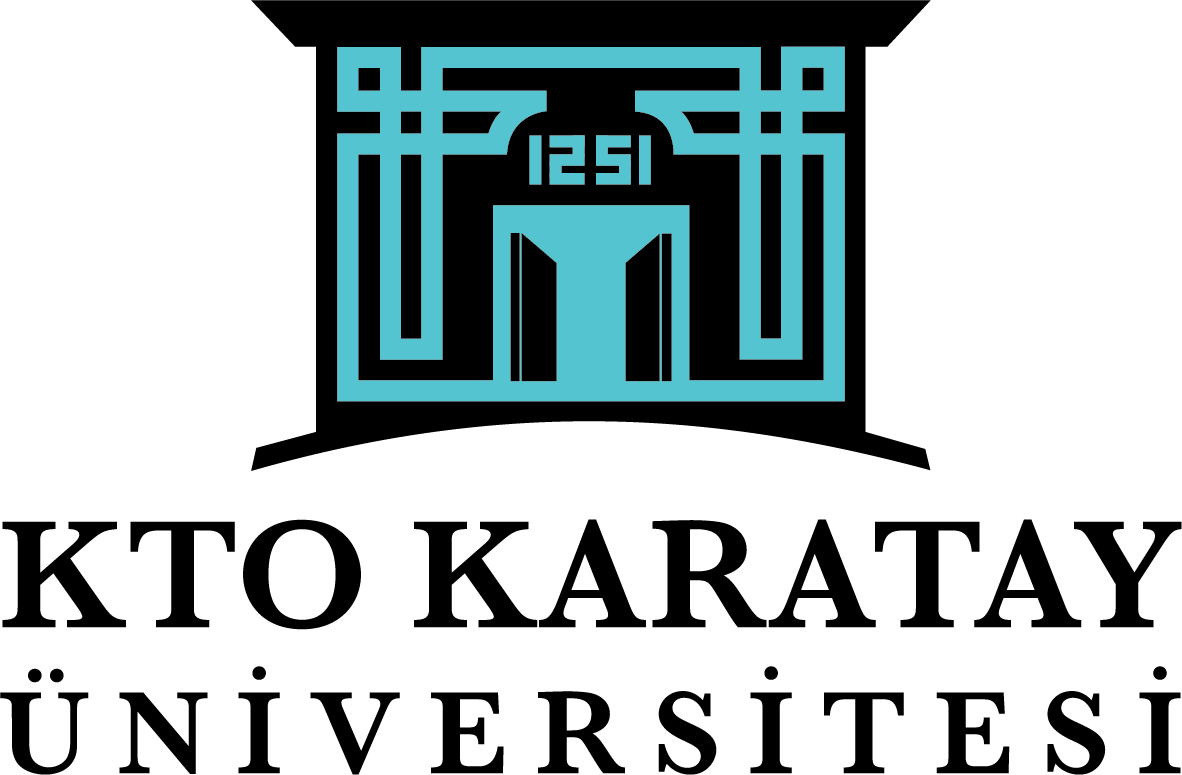| dc.contributor.author | YAŞAR, Esra | |
| dc.contributor.author | ULUSOY, Tuba | |
| dc.date.accessioned | 2019-07-10T07:55:05Z | |
| dc.date.available | 2019-07-10T07:55:05Z | |
| dc.date.issued | 2019-03-25 | |
| dc.identifier.other | BUSINESS & MANAGEMENT STUDIES:AN INTERNATIONAL JOURNALVol.:7 Issue:1 Year: 2019, pp. 24-41Business & Management Studies: An International JournalVol.:7Issue:1Year:2019, pp. 24-41BMIJISSN: 2148-2586Derleme MakaleCitation:Yaşar E.& Ulusoy T.(2019),Industry 4.0 And Turkey,BMIJ, (2019), 7(1): 24-41doi: http://dx.doi.org/10.15295/bmij.v7i1.1038 (PDF) INDUSTRY 4.0 and TURKEY. Available from: https://www.researchgate.net/publication/331981088_INDUSTRY_40_and_TURKEY [accessed Jul 10 2019]. | |
| dc.identifier.uri | https://hdl.handle.net/20.500.12498/994 | |
| dc.description.abstract | In 2011, Germany kicked off the Fourth Industrial Revolution (Industry 4.0) to empower its economy. Since then, revolutionary changes have been implemented all over the world, increasing international competition. Smart-factory capabilities emerging fromIndustry 4.0 have many benefits such as lowering production costs of existing factories and increasing product quality. However, with such revolutionary changes, an orientation period is required for any implementer. To efficiently manage such an orientation period, the extant situation must first be analyzed. Only then should the necessary changes and innovations be applied. In this study, Turkey’s Industry 4.0 adoption opportunities are evaluated by using a survey technique that analyzes extant situations and potential results. | en_US |
| dc.language.iso | en | en_US |
| dc.publisher | BUSINESS & MANAGEMENT STUDIES:AN INTERNATIONAL JOURNAL | en_US |
| dc.title | Industry 4.0 and Turkey | en_US |
| dc.type | Makale | en_US |















